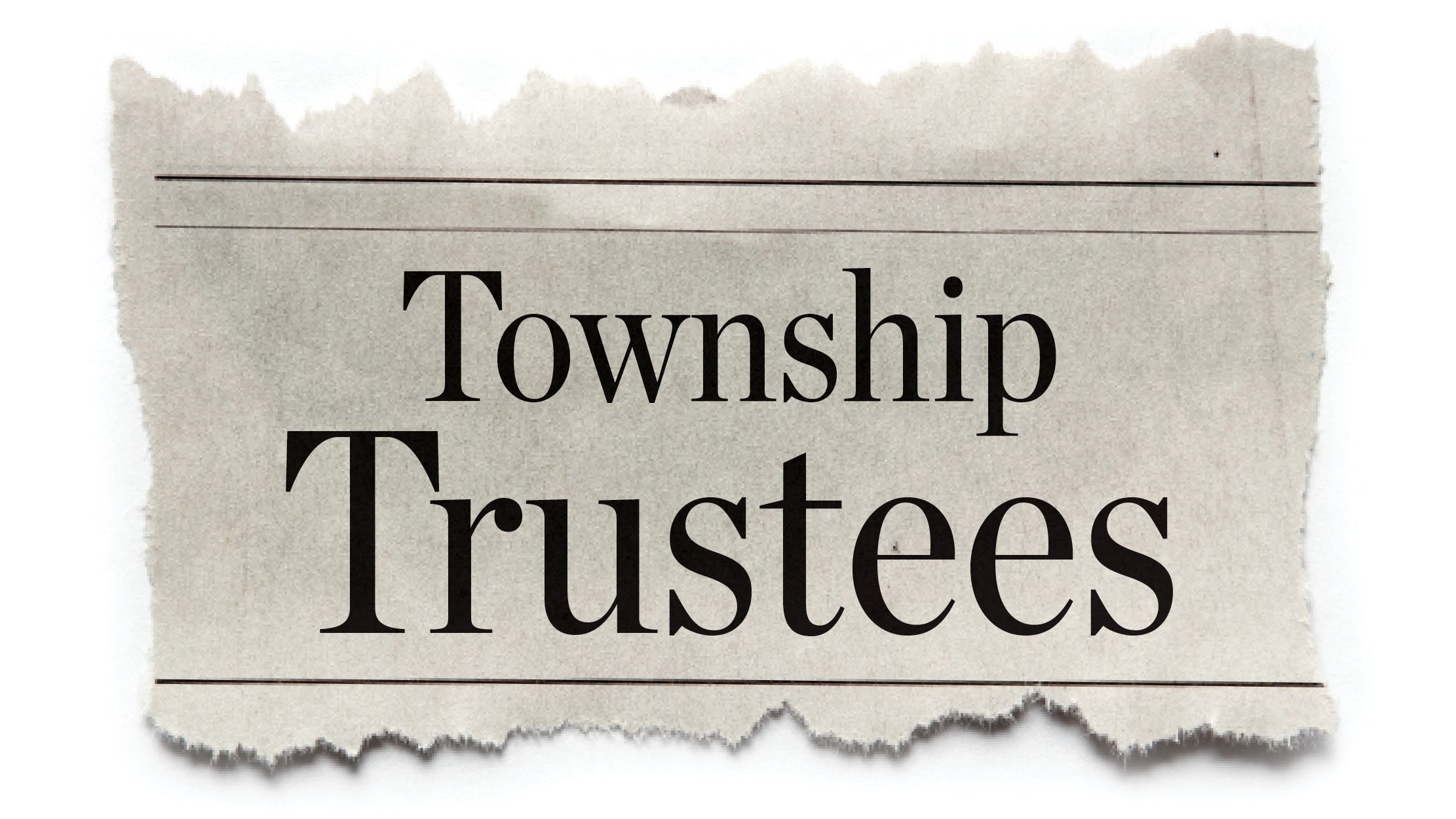Yost praises law to curb robocalls: Would get rid of spoofed numbers
Published 8:17 am Tuesday, January 7, 2020
COLUMBUS — Ohio Attorney General Dave Yost is praising a recent effort by the federal government to cut down on the number of robocalls that swamp Ohioans’ telephone lines.
The Telephone Robocall Abuse Criminal Enforcement and Deterrence (TRACED) Act was passed by Congress and signed into law by President Donald Trump on Dec. 31.
“I applaud the president and a nearly unanimous Congress for creating and signing into law the most important new tool in a generation to fight robocalls and fraud,” Yost said. “The bipartisan support of this measure reflects just how widespread this nuisance has become. It’s time for these scammers to get the message — enough is enough.”
The new law builds on steps taken by the country’s communications regulator, the Federal Communications Commission, as well as state attorneys general and industry groups.
The FCC has clarified that phone companies can block unwanted calls without first asking customers, paving the way to broaden the rollout of call-blocking services. The law says phone companies cannot charge for these services.
Another important step is getting rid of “spoofed” numbers, or when a scammer fakes Caller ID to look like it’s coming from the same area code or an important government agency like the IRS. The industry is developing a system to tell people when the Caller ID number is real.
In March 2019, Yost and other state attorneys general voiced their support of the TRACED Act in a letter to the U.S. Senate. The new law targets illegal robocalls by requiring service providers to offer free, automatic call-blocking technology to consumers at the network level. The technology helps ensure that phone calls originate from secure, verified numbers, not spoofed sources.
Yost announced in August that a dozen service providers, including Verizon, Sprint and AT&T, agreed to implement the technology voluntarily as part of an initiative with his office and 50 other attorneys general.
The robocall problem has exploded because cheap software makes it easy to make mass calls. Americans collectively get billions of robocalls each month. Such calls have disrupted operations at hospitals by diverting staff time to deal with calls faked to look as though they are coming from inside the hospital. Scams conducted through such calls have also defrauded people out of millions of dollars. Many people now avoid answering calls altogether if they come from unknown numbers.
Under federal law, it’s already illegal to fake numbers on Caller ID to defraud or cause harm. Scams are also prohibited, as are automated telemarketing calls from legitimate companies that don’t already have written permission. YouMail’s robocall index says that half of all robocalls today are fraudulent.
The Associated Press contributed to this story





